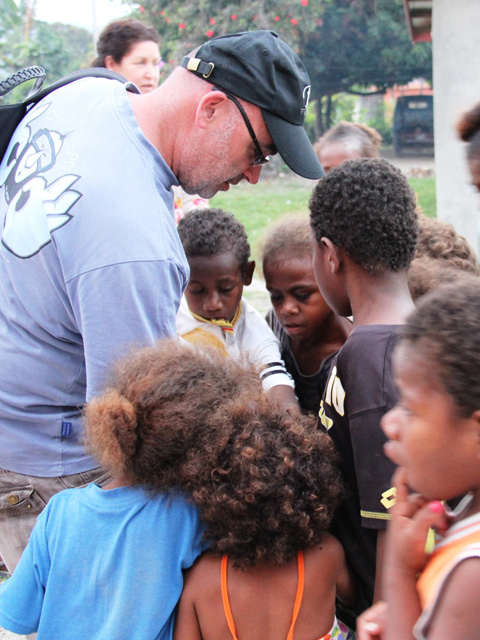Uncategorized
Xavier’s July news
With the shortest day of the year and month number one of winter now behind us, we welcome back to our shores the SCUBA CULTURE crew who have just returned from Uepi Island Resort in the Solomon Islands, from the feedback and photos, it appears to have been an amazing dive trip, more in that further in the newsletter.
Winter life at SCUBA CULTURE is still relatively busy with end of financial year sales, dive trips with some lucky members of the crew escaping to tropical destinations and planning for the lead up to Summer, as can be seen by our forthcoming specialty course list on this page.
Gaining an Open Water certification should be looked at as an invitation to learn more, to broaden your diving horizons, to increase your safety and experience and to begin lifting restrictions from the things you would like to do and places you would like to dive and see.
A good way to progress forward from Open Water is to maintain, enhance and perfect basic skills acquired. The most logical course to undertake at this point is the Perfect Buoyancy course, followed by Navigation, Night Diver, Deep and Nitrox diver to round out the 4 specialties that a diver should aim at obtaining Advanced Open Water Diver status.
Anyone who owns their own equipment and does a bit of dive travel not ‘should’ but MUST take the Advanced Equipment Maintenance course in order to ensure peak performance of their dive gear at all times as well as being able to trouble shoot on site, reduce service costs and increase the lifespan of the dive gear. I’d like a dollar for every diver that I have spoken to over the years who has regretted not doing the course after having encountered issues whilst on diving holidays not to mention the amount of time and money wasted by not being able to dive due to equipment issues.
This course is the perfect dive course to do in winter!
Following a recent conversation with colleagues from the world of dive medicine it is also important to take note of the fact that in as much as our sport is statistically very safe with a low rate of accidents, it is important to reflect on the fact that one of the biggest and most frequent reasons for diving accidents is complacency. There is no body better placed in the world of diving than the dive medicine fraternity with Divers Alert Network (DAN) at the forefront to collate data and statistics on diving deaths and injuries and all too often, the reasons point directly to 2 things, one being lack of education and the other being complacency.
Foregoing such basics as buddy checks is unforgivable and not being able to render assistance to a fellow diver is even worse.
This is precisely the reason why we aggressively promote to our already Stress & Rescue certified club members the opportunity to join in on our Stress & Rescue course, in-water training sessions whilst promoting the importance of rescue training to the uncertified divers.

